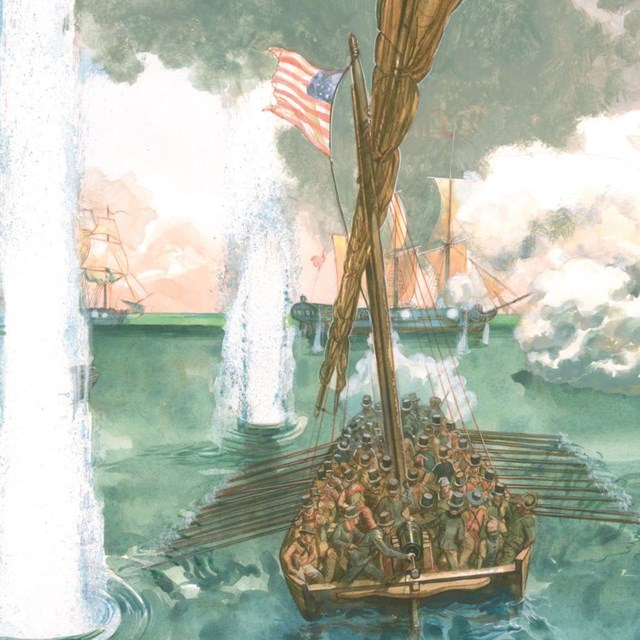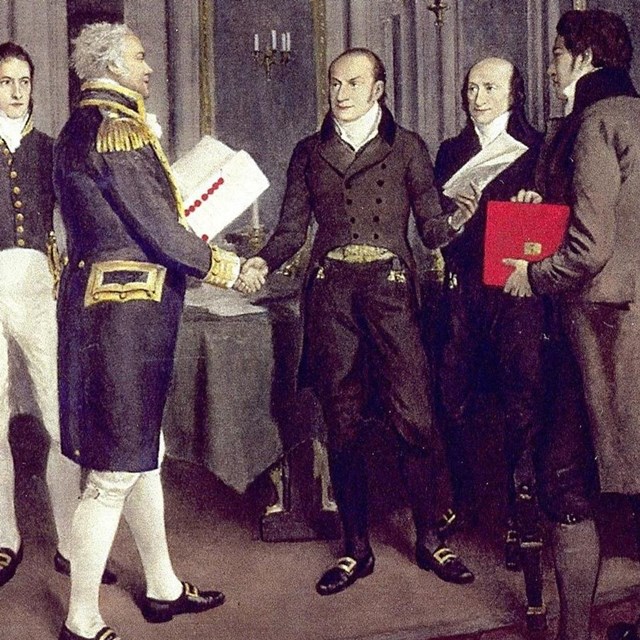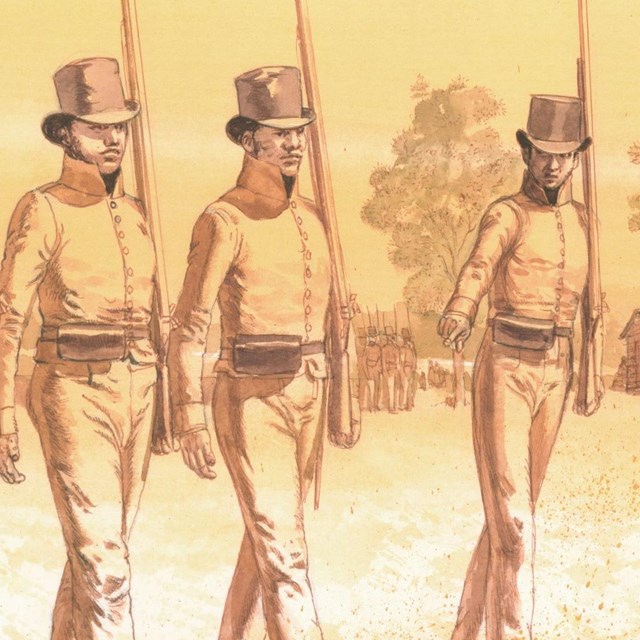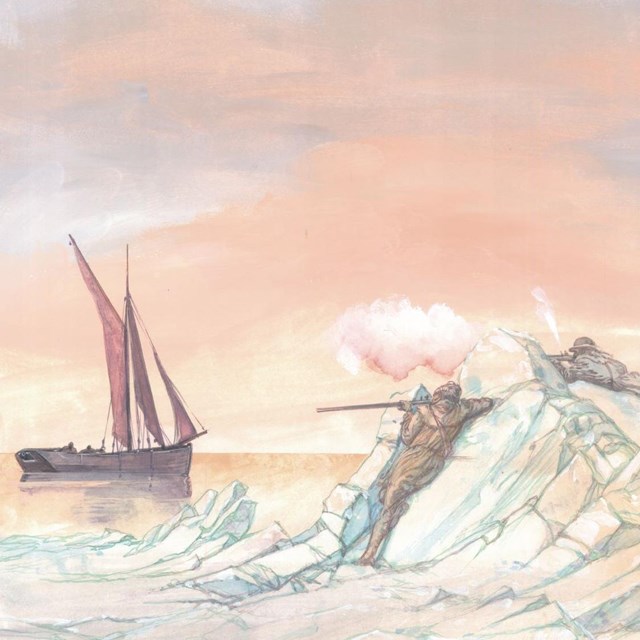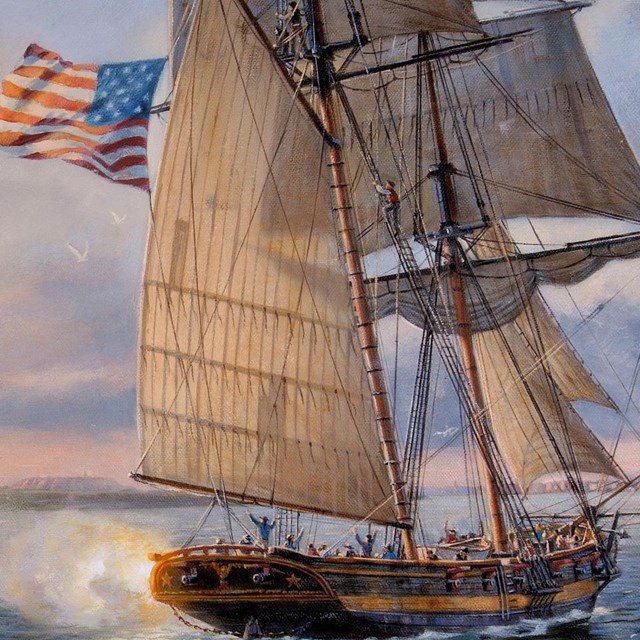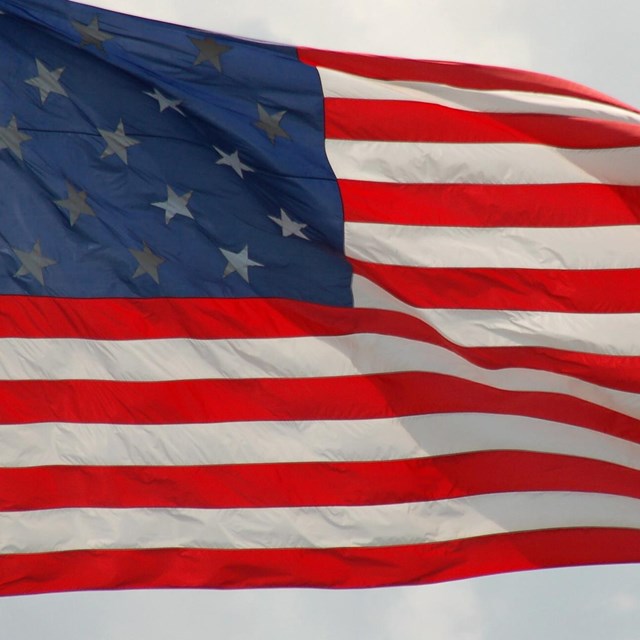
This event created a major international crisis between the United States and Great Britain.©Richard Schlecht In the early 1800s, the United States had three main reasons for declaring war on Britain, which led to the War of 1812:
By June 1812, the anger about Britain’s actions had become strong enough that President James Madison, who was worried about his re-election, agreed to the War Hawks’ push to declare war. At the time, the American Navy was much smaller, with only about 17 ships compared to Britain’s fleet of over 500. The American Army was also smaller, being only about half the size of Britain’s and widely spread out. Americans felt more confident because the British were also involved in the Napoleonic Wars in Europe from 1803 to 1815. When the United States declared war, British troops, supplies, and money had to be moved from fighting the French to protecting their interests in Canada. Britain didn’t want to go to war with America but saw the U.S. as an important market. Many people in New York and New England worried that the war would hurt their shipping businesses, so they didn’t support the war and even continued to trade with Britain, although not as much after the British blocked American ships. In the summer of 1812, American troops tried to invade Canada, but their plan was poorly organized and they ended up losing and had to retreat. However, some American naval victories on the ocean helped boost the spirits of Americans and even helped President Madison get re-elected. In response, the British set up a blockade along the American coast south of New York to stop trade, which hurt the U.S. economy. This blockade lasted from early 1813 until the end of the war and was especially tough on people in the Chesapeake region, an important area for trade. A Nation DividedIn 1812, the United States was still a young country, only about 25 years old. Many people remembered the Revolutionary War and what it took to gain independence. The nation was still changing. People were worried about having a strong central government and were thinking about issues like trade, slavery, and how to expand the country. Washington City, which was the capital back then, was just starting to grow. Many arguments about how to protect the nation took place, but there was not enough money or support for a strong national defense.
|
Last updated: November 26, 2024

